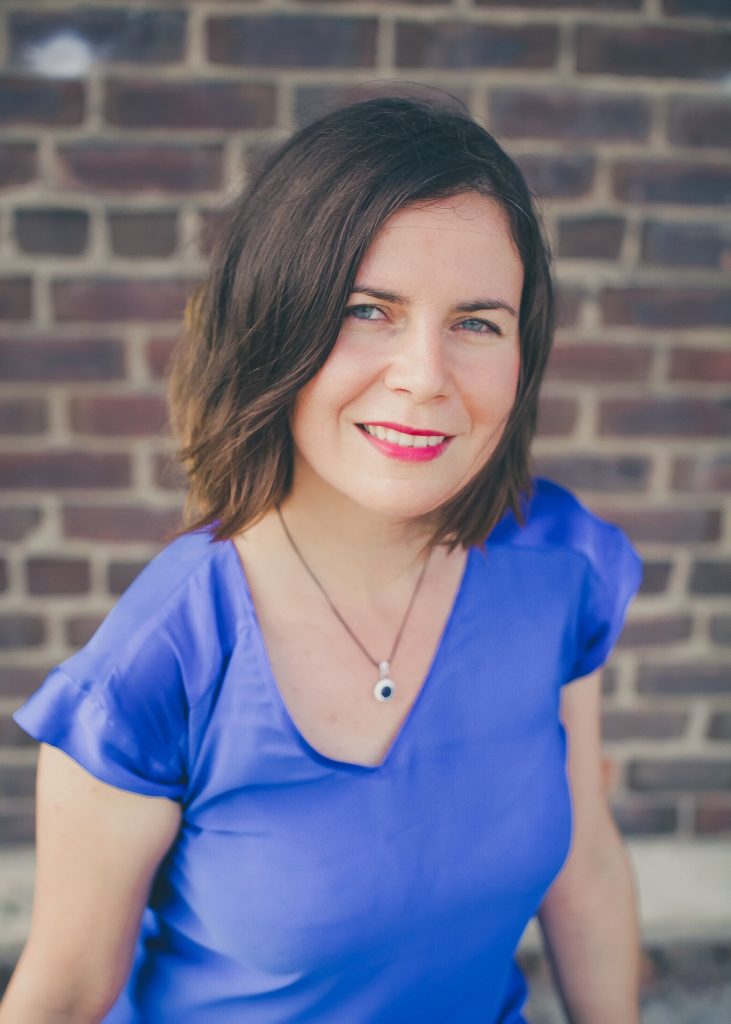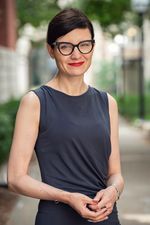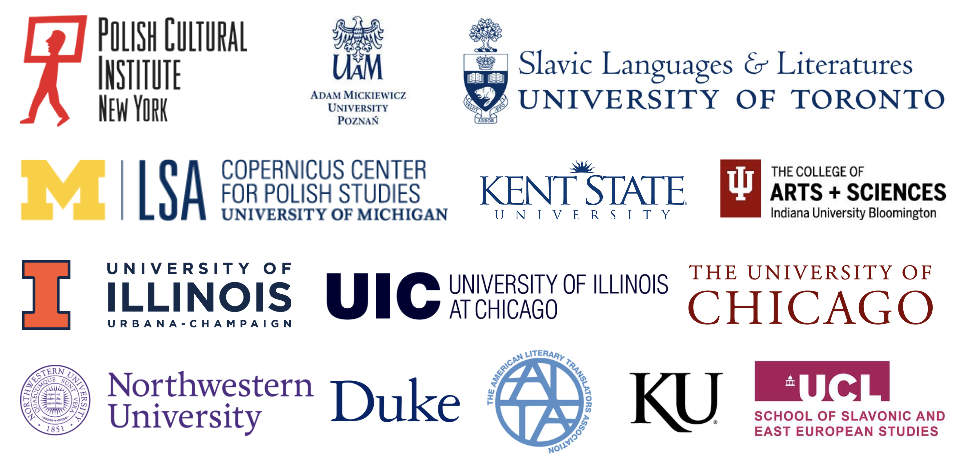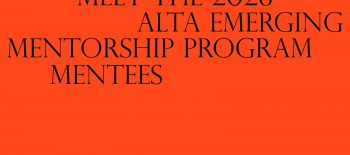Debora Vogel with Anastasiya Lyubas and Karolina Szymaniak
S3E5 and all video recordings are available on our YouTube.
Encounters with Polish Literature is a video series for anyone interested in literature and the culture of books and reading. Each month, host David A. Goldfarb will present a new topic in conversation with an expert on that author or book or movement in Polish literature. More about the Encounters with Polish Literature series and the timeline.
Debora Vogel (1902-42) was a Yiddish and Polish poet, essayist, and aesthetic philosopher born in Burshtyn in Galicja, then part of the Austro-Hungarian Empire, later Poland, now Western Ukraine. We mentioned her in our episode on Bruno Schulz with whom she was close, and it is said that the stories in Schulz’s Cinnamon Shops grew from letters to Vogel, but here we would like to consider her as an author in her own right. She came from a secularized, intellectual, left-zionist Jewish family, and completed a doctorate on Hegel’s aesthetic philosophy in Vienna and Kraków, which would become the basis for her friendship with Stanisław Ignacy Witkiewicz (“Witkacy”) though he held very different views. She did not grow up speaking Yiddish at home, but was convinced by Rachel Auerbach to become a Yiddishist, which gave her access to an international language, but for a relatively narrow audience of Yiddish speakers who were interested in avantgarde poetry.
With this episode, we hope to open a discussion about position of Yiddish, and perhaps other languages other than Polish, in Polish literature. While some Yiddish writers like Isaac Bashevis Singer, who was born in Poland and set many of his stories in Poland, once said in an interview with Philip Roth that Polish and Yiddish writers were isolated from each other by language, figures like Vogel and Auerbach show that this was not entirely the case, and influence could flow in both directions.
We are joined in this episode by two leading specialists in Vogel’s work to discuss her aesthetic philosophy, why she chose to write in Yiddish, and to look at some of her creative works. We consider her interest in the visual, her connections to both Polish and Yiddish modernist circles, translation issues in the works, and overlapping concepts in Yiddish and Polish modernism such as (Yiddish) shund and (Polish) tandeta—the aesthetics of trash and the low brow.
We are also delighted to present a makeover for the program as we continue into our third year. Our new graphics and animated titles and credits are designed by Co-producer Natalia Iyudin. Our new opening and closing music is inspired by Bruno Schulz and comes from “Księga Blasku—The Booke of Splendour” by composer Radek Przedpełski, which you can hear in its entirety on his Soundcloud site.
Selected Works by and about Debora Vogel:
Anastasiya Lyubas, Anna Elena Torres and Kathryn Hellerstein, eds. “Walking with Vogel.” Special issue of In Geveb: A Journal of Yiddish Studies. Oct. 2021.
Allison Schachter. “Debora Vogel’s Montage Democracy.” Women Writing Jewish Modernity, 1919–1939. Evanston, Ill.: Northwestern University Press, 2022. Pgs. 137-162.
Debora Vogel. Akacje kwitną. Montaże (Polish). Afterword and translation by Karolina Szymaniak. Kraków: Austeria, 2006.
Debora Vogel. Blooming Spaces. Tr., ed., with an intro by Anastasiya Lyubas. Boston: Academic Studies Press, 2020.
Debora Vogel. From “Figures of the Day.” Tr. Jordan Lee Schnee. Asymptote.
Debora Vogel. Manekinen. Lider (Yiddish). L’viv and Warsaw: Tsushtayer, 1934. Digitized by the National Yiddish Book Center.
Study Yiddish in Poland:
International Summer Seminar in Yiddish Language and Culture (Warsaw)
Taube Department of Jewish Studies at the University of Wrocław

Anastasiya Lyubas is an editor and translator of Blooming Spaces: The Collected Poetry, Prose, Critical Writing, and Letters of Debora Vogel (Boston: Academic Studies Press, 2020) which received the MLA Aldo and Jeanne Scaglione Prize honorable mention for the Translation of a Literary Work in 2021. She is also the co-editor of Walking with Vogel. New Perspectives on Debora Vogel through Poetry, Visual Art, Translation and Scholarship (a Special Issue for In Geveb. A Journal of Yiddish Studies, co-edited with Kathryn Hellerstein and Anna Elena-Torres, October 2021.

Karolina Szymaniak is an assistant professor at the Taube Department of Jewish Studies at the University of Wrocław and Research Fellow at the Jewish Historical Institute. Her research interests include Polish-Jewish literary relations, the history of Yiddish modernism and avant-garde, women’s literature, and translation studies. She is the co-editor-in-chief of East European Jewish Affairs and author of the first monograph on a Yiddish-Polish writer, Debora Vogel. She has edited and co-edited seven volumes, including Warsaw Yiddish Avant-Garde, My wild goat. Anthology of Yiddish Women Poets, and others. She received the 2016 Polityka history prize for her edition of Rachel Auerbach’s writings from the Warsaw Ghetto. Currently, she is working on Auerbach’s intellectual biography.
Lead image: Lost portrait of Debora Vogel by Stanisław Ignacy Witkiewicz, ca. 1930.
Bartek Remisko, Executive Producer
David A. Goldfarb, Host & Producer
Natalia Iyudin, Producer




